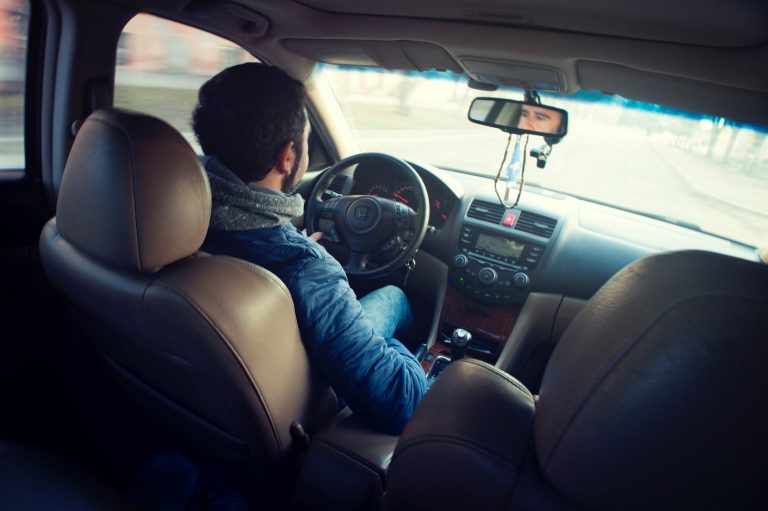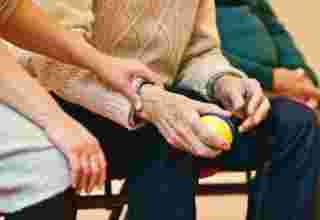
Half of parents admit they’re perfectly able to walk their children to school – but use a car instead.
Worries about safety, time constraints in the morning and poor public transport links are some of the key reasons parents still drive on the school run despite living nearby.
A study of 2,000 parents who drive found three in 10 do so to head directly to work after dropping the kids off.
But 28 per cent believe they could also walk their work commute, too.
And more than one in 10 drive to school because the local public transport isn’t up to the task.
A fifth said a lack of time in their family’s morning routine stops them from walking the short distance to school and one in 10 worry about the pollution their kids would inhale if they were to walk.
The study was commissioned by British Lung Foundation to mark World Car Free Day on Sunday September 22.
Dr Alison Cook, director of external affairs for British Lung Foundation, said: “Our research shows the people living in the country’s most polluted towns and cities need their leaders to act on toxic air and remove the barriers to people leaving the car behind.
“Air pollution from traffic is a pressing threat to everyone’s health.
“Children are among those most at risk as their little lungs are still growing, and toxic air can stunt this growth.
“People living with a lung disease such as asthma or chronic obstructive pulmonary disease can also find their symptoms are made worse by air pollution, and it can even leave them needing emergency care.”
The study found the average parent lives just two miles from their child’s school, and the drive there takes 13 minutes.
If covered on foot, parents estimate it would take 23 minutes.
The average motorist will travel 13 miles in their car each week completing journeys which could be walked instead.
And four journeys will be made in the car every week which cover less than a mile each.
But one in 10 parents surveyed by OnePoll would be more likely to walk, scoot or cycle to school if roads in their area were safer to cross.
More than half of parents admitted they take the car for short journeys simply out of habit.
Dr Cook added: “Drivers and their passengers are often exposed to higher levels of dirty air inside a car than when walking along the same road, so there are many health benefits to leaving the car behind, especially for shorter journeys.
“Our survey found on average people were only managing 7,500 steps a day – well short of the recommended 10,000.
“The aim of World Car Free Day is to encourage motorists to ditch the car for a day.
“It also provides an opportunity for us all to consider when we should use our car and when walking or public transport may be an equally viable – and less health damaging – way of travelling.
“Road transport remains the largest source of toxic air in the UK so reducing car travel is a major part of the solution.
“To make this happen we need our politicians to set ambitious new legal targets to reach safer levels of pollution by 2030 as well as far more investment in cleaner transport options.
“The Clean Air Parents’ Network, which has groups in Manchester, Liverpool, Birmingham and London, provides a way for parents looking to protect their children’s health to campaign for action from our political leaders.
“Air pollution might be invisible, but the damage it causes is very real.”
TOP 10 REASONS PARENTS DRIVE THEIR KIDS TO SCHOOL
1. I go to work straight after
2. It’s too far to walk/take public transport
3. Time constraints
4. I go somewhere else straight after
5. Safety concerns – busy traffic
6. The public transport network isn’t up to standard
7. It’s on a busy road and I worry about the pollution
8. My child is too young to walk that far
9. Because it’s cheaper than other solutions
10. My child has too much to carry
ENDS





















